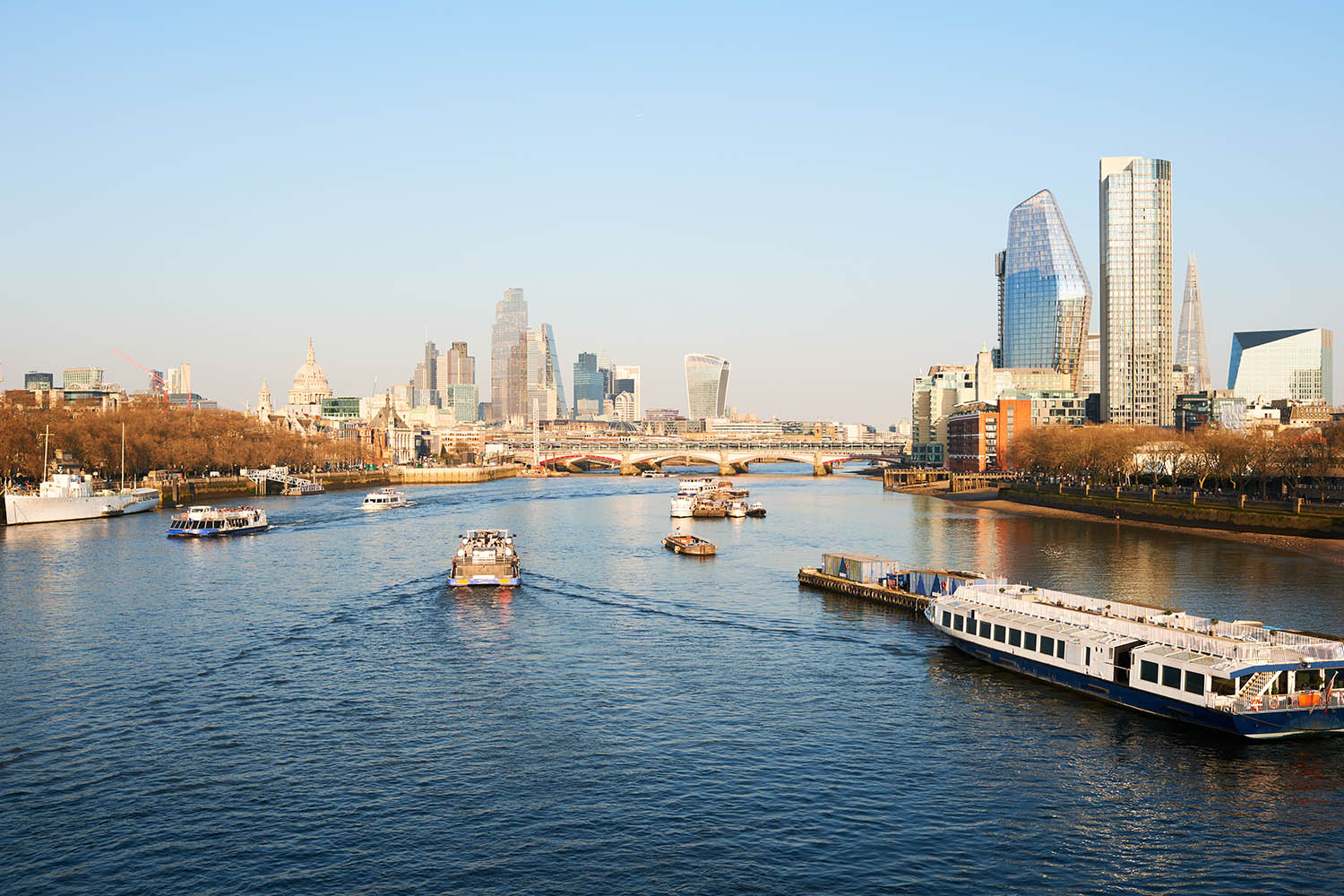Welcome to the Sensemaker, our daily newsletter. It features calm and clear analysis on the stories driving the news across tech, politics, finance, culture and more. The Sensemaker will appear here every morning, but to receive it in your email inbox, sign up on our newsletters page.
After holding last-minute talks with Downing Street, the US private equity group KKR pulled out of a £4bn rescue package for Thames Water, citing political risk.
So what? The stinking saga has become a must-watch for directors and executives, offering salutary lessons on stakeholder and reputation management, pay and how (not) to handle a crisis.
“This will be a business school case study for years to come,” says Dieter Helm, an expert on utilities at the University of Oxford. “The longer it runs on, the more inevitable special administration is, and the greater the costs and consequences of this huge corporate failure will turn out to be.”
How did we get here? Most of Thames’s problems flow from its £20bn debt pile, largely amassed in an era when interest rates were near zero. Investors such as Germany’s RWE and Australia’s Macquarie left the utility with a high ratio of debt to equity while paying out hefty dividends to shareholders.
When interest rates rose – or, more accurately, normalised – Thames was left high and dry. Investment that should have gone towards upgrading a system of Victorian sewers beneath London serving 16 million people was instead helping pay off interest.
Who’s on the hook? Responsibility for fixing the mess is currently TBD. It depends on whether the 100 and more financial institutions that hold Thames’s debt can cobble together a plan B or whether a new buyer, which could include the taxpayer, is willing to take on the challenge.
The company is still dealing with £122m worth of fines handed out by the regulator, Ofwat, for environmental breaches related to untreated sewage discharges and “improper” dividend payouts in 2024; 300,000 hours of sewage discharged in 2024, a 50% increase year on year; and its CEO and CFO being named as two of the 10 water industry executives in England to have their bonuses banned by the government.
“Sometimes it felt like you were working for a bank or financial institution,” says one former board member. “The amount of time that was spent on financial regulation, weighted averages, cost of capital, leveraging equity, debt ratios … We rarely spent time talking about how we improve our performance.”
What’s happening to bills? They’ve gone up by roughly a quarter in real terms for the average Thames customer between 2020 and 2025. Pre-crisis, the average annual bill hovered around £430. In April this year, Thames announced a sharp hike, bringing it to £639.
Newsletters
Choose the newsletters you want to receive
View more
For information about how The Observer protects your data, read our Privacy Policy
Ofwat says the average bill across all UK service providers could balloon to £2,000 by 2050 after taking inflation into account, as firms require funds to fix pipes.
A special case? The threat of falling into the special administration regime (Sar) – the legal process for failing companies that provide essential services such as water – first loomed for Thames in late 2023. Experts say the sensible decision would have been to let it happen. “It should have been clean, clinical, immediate,” says Helm. “Think about the lesson that everyone else would have got from it: ‘If we fail, if we go down this gearing route. ‘If our management performance is like this, we are going to lose our asset.’”
When the electricity supplier Bulb went into administration, the government provided it with a £1.7bn loan, enabling continuity of energy supply.
The company was later sold to Octopus Energy, which repaid the loan in full with interest. Taxpayers essentially made a profit.
But the chancellor and business secretary were reluctant to let that happen to Thames, fearing Sar was a step towards nationalisation – an outcome backed by a number of backbench Labour MPs but one that would have placed huge additional strain on the public purse.
In March, Thames won a high court battle to secure a £3bn rescue loan and stave off Sar. Out of a field of six, only KKR, a firm with a history of turning round distressed companies, was selected by the board as a “preferred bidder”.
What next? It doesn’t look as though jilted bidders, which include the Hong Kong-headquartered CK Infrastructure, will get another chance. Creditors including Apollo Global Management and the UK asset manager Aberdeen are de facto frontrunners to take control. They are warning that there is now a “very short and closing window” to avoid nationalisation.
A much less talked-about option is to divide Thames’s operations into London and the rest – or into sewage and water services. It may be time for the Treasury to hold its nose and take the plunge.
Photograph by Gary Yeowell/Getty Images


